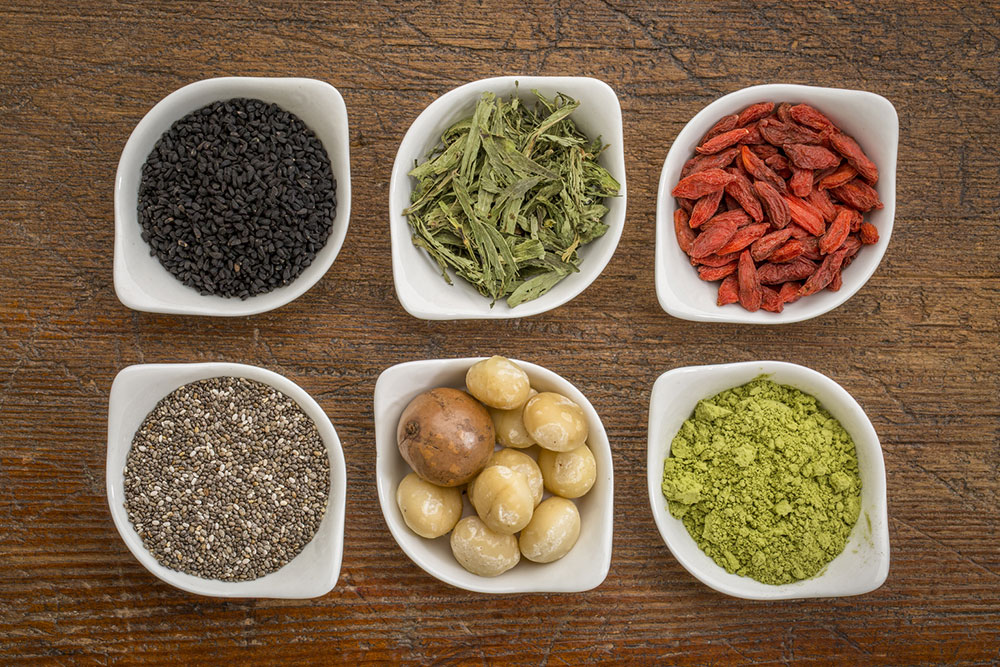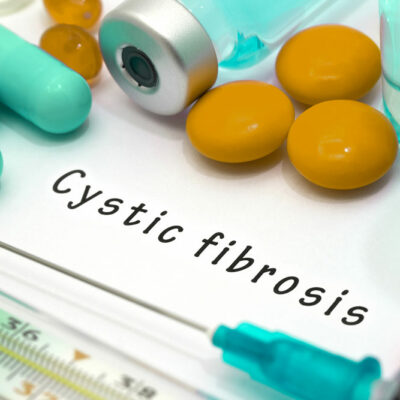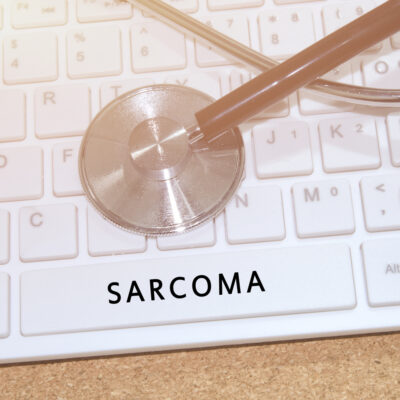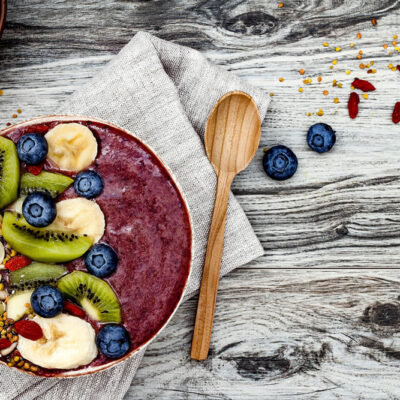
Three dietary essentials for psoriatic arthritis
Inflammation and pain in the joints are characteristics of a disease known as arthritis. There are many types of arthritis. The most common types are rheumatoid arthritis, psoriatic arthritis, osteoarthritis, and fibromyalgia. People who have been diagnosed with the skin condition of psoriasis are often diagnosed with psoriatic arthritis. It is a chronic type of arthritis. Similar to other types of arthritis, the joints become inflammatory and painful in this condition. In the long run, the joints can face some severe damage as well. When diagnosed with psoriatic arthritis, there are certain foods that help manage its symptoms. On the other hand, there are other foods that one needs to avoid while coping with this inflammatory condition. The following foods can be consumed when diagnosed with psoriatic arthritis: Anti-inflammatory omega-3s Anti-inflammatory foods are an essential element of reducing any potential and painful side effects. Hence, they are an important part in the diet of people diagnosed with psoriatic arthritis. Omega-3 fatty acids constitute a type of polyunsaturated fatty acids (PUFAs). They have been proven to be quite helpful in coping and managing many health conditions due to their anti-inflammatory properties. According to a study, people who have been diagnosed with psoriatic arthritis were given PUFA supplements for over a period of 12 weeks.
Learn More 

























